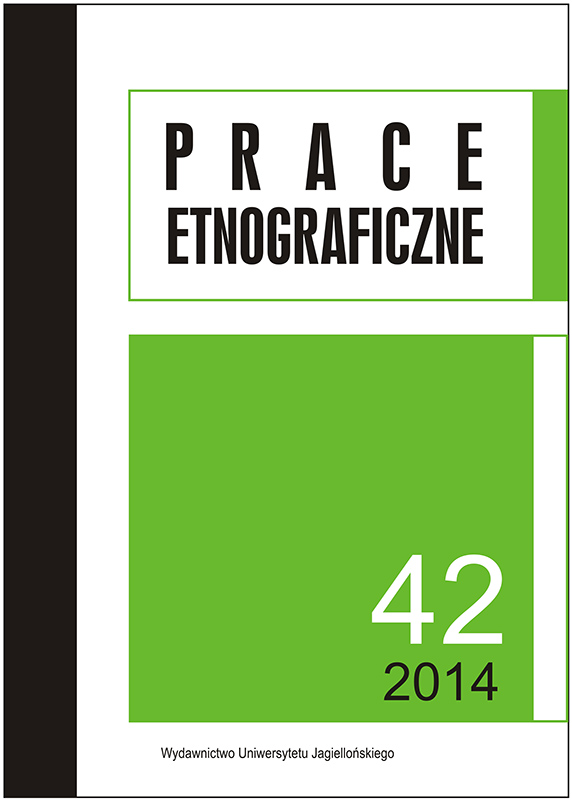Zobaczyć niewidoczne, czyli o tym, jak Polska zaślubiała morze
To See Invisible: Poland's Wedding to the Sea
Author(s): Monika Golonka-CzajkowskaSubject(s): Anthropology, Social Sciences
Published by: Wydawnictwo Uniwersytetu Jagiellońskiego
Keywords: anthropology; politics; history; symbolism; ritual; nationalism
Summary/Abstract: Policies are not only being expressed by symbols and rituals, but their transmission and the use are being shaped by symbolic meanings. They teach how to understand world, putting it in order and help to overcome feeling of the chaos. To a large extent a so-called political reality is being created by symbolic meanings, even if it is hard for us to be reconciled with it. With the help of the appropriate selected set of multi-sensual, dramatic measures the political ritual allows more or less to capture participants and shape social imagination according to intentions of his organizers. Reconstructing or confirming existing political order the official ceremony with its performative nature tries with similar power as the ritual to involve its participants, seeks to generate feeling and images preferred by the authority.10 January 1920, in accordance with provisions of the Treaty of Versailles the Republic of Poland took back Pomerania (annexed by Kingdom of Prussia in 1772 during First Partition of Poland). According to this, the special celebration was organized on the Puck Bay one month later. An episode with throwing the platinum ring into waters of the Baltic, called Poland’s Wedding to the Sea became soon the most important event in the great national story about the return of Pomerania to the motherland. It established the paradigmatic pattern for another state celebrations, which confirmed the northern boundary of Poland symbolically and state’s territorial integrity. Events in 1945 and 2010 were the variants of Poland’s Wedding to the Sea settled in their own historical context. On the one hand these ceremonies served as performative instruments for national legitimization of the power, but on the other hand they were used by political elites for creating and playing their own, different vision of the state
Journal: Prace Etnograficzne
- Issue Year: 42/2014
- Issue No: 4
- Page Range: 335-348
- Page Count: 14
- Language: Polish

